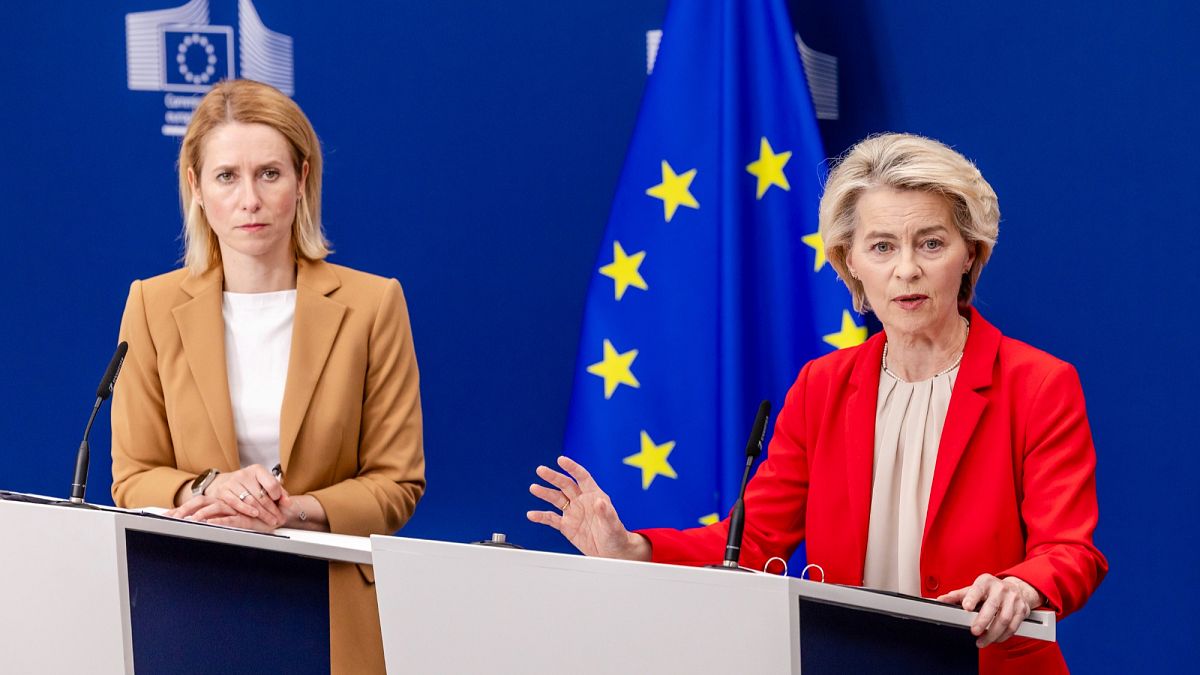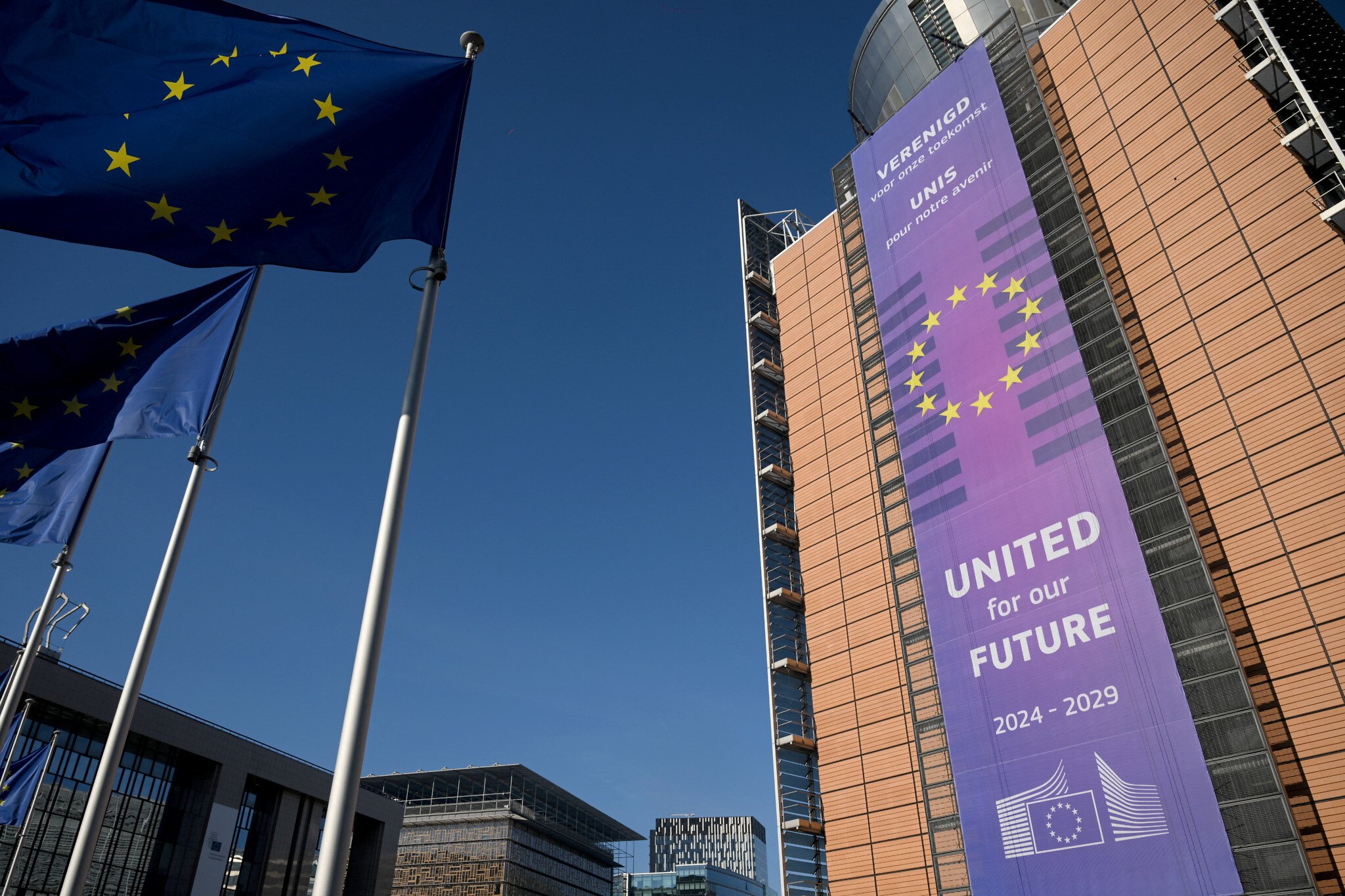T4K3.news
EU fails to suspend Israeli research funding amid Gaza crisis
Member states did not reach a majority to suspend Israel from Horizon Europe funding.

Efforts to suspend Israel from Horizon Europe funding did not gain necessary support in the EU.
EU fails to suspend Israeli access to research fund over Gaza conflict
EU member states could not reach an agreement to suspend Israeli access to the €95 billion Horizon Europe research fund in light of the ongoing conflict in Gaza. During a meeting in Brussels, a proposal intended to cut off Israel from €200 million in future grants failed to secure the required majority due to reluctance from Germany and Italy, who asked for more time to consider the issue. Germany has long opposed punitive actions against Israel, holding significant sway over the decision. While some countries supported the suspension, tension remains within the EU regarding the situation in Gaza, which is reportedly experiencing a humanitarian disaster, according to UN sources.
Key Takeaways
"Germany wanted to continue dialogue with Israel as opposed to taking action but we all know the dialogue is not working."
This quote reflects Germany's hesitation to impose sanctions despite the ongoing crisis in Gaza.
"I didn't receive any convincing explanation as to why I couldn't go into Gaza."
This highlights challenges EU officials face in assessing the humanitarian situation first-hand.
"UN agencies report a worsening humanitarian catastrophe in Gaza, with over 130 people dead from hunger."
This underscores the dire situation on the ground and raises alarms about humanitarian needs.
"Two prominent Israeli NGO's issued a report claiming Israel is committing genocide in Gaza."
This statement complicates the EU's position and reflects heightened tensions amid the conflict.
The EU's failure to suspend Israeli funding highlights deep divisions among member states concerning foreign policy and human rights issues. The reluctance of major players like Germany and Italy to act demonstrates the complexity of balancing diplomatic relations with accountability. This situation reveals not just a pause in action but a potential long-term risk of further eroding the EU's credibility as a defender of human rights. As humanitarian conditions worsen in Gaza, more voices within the EU are calling for decisive action, which may trend towards increasing sanctions in the future.
Highlights
- The dialogue is not working, but Germany seeks to continue it.
- Germany is holding the cards in this critical decision.
- As humanitarian conditions worsen, EU action remains stalled.
- Sanctions discussions may intensify as tensions rise.
EU internal division on enforcement of sanctions raises concerns
The hesitation of major EU members like Germany and Italy to take decisive action against Israel reveals significant political challenges within the union. This could lead to further criticism of the EU’s commitment to human rights and its ability to address humanitarian crises effectively.
As discussions continue, the EU must navigate between its humanitarian principles and geopolitical realities.
Enjoyed this? Let your friends know!
Related News

EU proposal to suspend Israeli funding fails to pass

EU considers suspension of funding for Israeli tech startups

Israeli Forces Face Allegations of War Crimes

Sweden asks EU to suspend trade ties with Israel

UCLA loses federal funding over antisemitism claims

Germany considers change in support for Israel

Zelenskyy reports 22 killed in overnight Russian strikes

Trump and Starmer meet in Scotland for trade discussions
